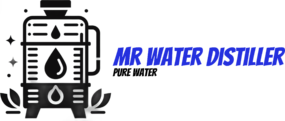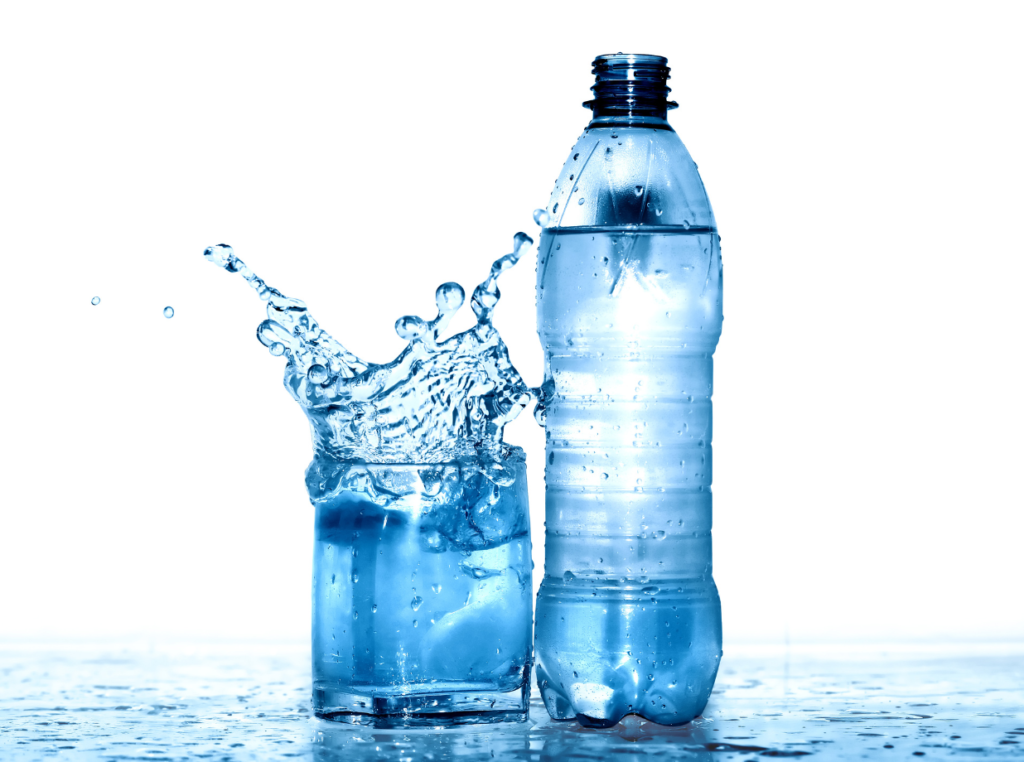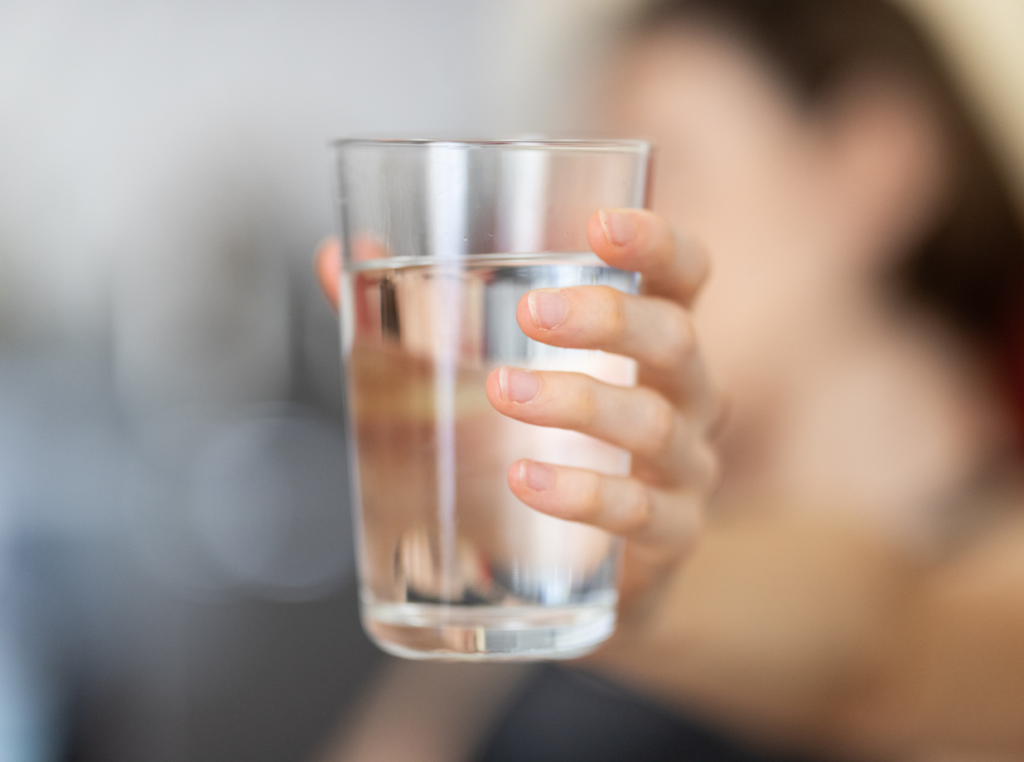When it comes to preparing baby formula, the type of water used is of utmost importance. Distilled water is often recommended for preparing baby formula due to its purity and lack of impurities. The delicate digestive systems of infants make them more susceptible to the harmful effects of impurities found in tap water. Using distilled water ensures that your baby is not exposed to any potential contaminants that may be present in tap water. The purity of distilled water makes it the ideal choice for mixing with baby formula, as it provides a clean and safe option for your baby’s nourishment.
Furthermore, using distilled water for baby formula can also help to prevent the build-up of mineral deposits in your baby’s bottle and feeding equipment. Tap water often contains minerals such as calcium and magnesium, which can leave behind residue when the water evaporates. This residue can be difficult to remove and may pose a risk to your baby’s health if ingested. By using distilled water, you can minimize the risk of mineral build-up and ensure that your baby’s feeding equipment remains clean and safe for use.
Understanding the Impurities in Tap Water
Tap water can contain a variety of impurities that may be harmful to your baby’s health. These impurities can include bacteria, viruses, heavy metals, and chemicals such as chlorine and fluoride. While most tap water in developed countries is treated to remove these impurities, there is still a risk of contamination as the water travels through aging pipes and infrastructure. Additionally, the presence of agricultural runoff, industrial pollutants, and other environmental factors can contribute to the presence of impurities in tap water.
One of the most concerning impurities found in tap water is lead, which can leach into the water from old plumbing systems. Lead exposure in infants and young children can lead to developmental delays, learning difficulties, and other serious health issues. Other impurities such as nitrates, arsenic, and pharmaceutical residues can also pose a risk to your baby’s health if present in tap water. Given these potential risks, it is essential to consider the use of distilled water when preparing baby formula to ensure the safety and purity of your baby’s nourishment.
Benefits of Using Distilled Water for Baby Formula
The use of distilled water for preparing baby formula offers several benefits for your baby’s health and well-being. Distilled water is free from impurities such as bacteria, viruses, heavy metals, and chemicals that may be present in tap water. This purity ensures that your baby is not exposed to any potential contaminants that could compromise their delicate digestive system. Additionally, using distilled water can help to prevent the build-up of mineral deposits in your baby’s feeding equipment, ensuring that they are not exposed to any harmful residues.
Furthermore, the lack of impurities in distilled water means that it is less likely to cause digestive issues or allergic reactions in your baby. Some infants may be sensitive to the chemicals and minerals present in tap water, leading to discomfort and digestive problems. By using distilled water for baby formula, you can minimize the risk of these issues and provide a clean and safe option for your baby’s nourishment. Overall, the use of distilled water offers peace of mind for parents, knowing that they are providing the purest and safest option for their baby’s feeding needs.
How to Properly Prepare Baby Formula with Distilled Water
When preparing baby formula with distilled water, it is important to follow the manufacturer’s instructions carefully to ensure that the formula is mixed correctly. Start by washing your hands thoroughly with soap and water before handling the formula and feeding equipment. Next, sterilize the bottles and nipples by boiling them in water for at least 5 minutes or using a sterilizing solution recommended by the manufacturer.
Once the bottles are sterilized, fill them with the appropriate amount of distilled water according to the formula instructions. It is important to use the correct ratio of water to formula powder to ensure that your baby receives the proper nutrition. Add the formula powder to the water using the scoop provided and shake or stir the bottle gently until the powder is completely dissolved. Check the temperature of the formula on your wrist before feeding it to your baby to ensure that it is not too hot. By following these steps, you can ensure that the baby formula is prepared safely and correctly using distilled water.
Ensuring the Safety and Purity of Baby Formula with Distilled Water
In addition to properly preparing baby formula with distilled water, it is important to store and handle the formula and feeding equipment carefully to maintain its safety and purity. After preparing the formula, store any unused portions in the refrigerator and use them within 24 hours. Discard any leftover formula that has not been consumed within this time frame to prevent bacterial growth.
When handling feeding equipment such as bottles and nipples, wash them thoroughly with hot, soapy water after each use and rinse them well before sterilizing them again. It is important to inspect the equipment regularly for any signs of wear or damage and replace them as needed to ensure that they remain safe for use. By taking these precautions, you can help to ensure that your baby’s formula remains safe and pure when prepared with distilled water.
Potential Risks of Using Tap Water for Baby Formula
Using tap water for preparing baby formula can pose several potential risks to your baby’s health due to the impurities present in the water. As mentioned earlier, tap water can contain bacteria, viruses, heavy metals, and chemicals that may be harmful if ingested by infants. The presence of lead in tap water is particularly concerning, as it can leach into the water from old plumbing systems and pose a serious risk to your baby’s health.
In addition to lead, other impurities such as nitrates, arsenic, and pharmaceutical residues can also be present in tap water and may pose a risk to your baby’s health if ingested regularly. These impurities can lead to digestive issues, allergic reactions, and other health problems in infants due to their delicate digestive systems. Given these potential risks, it is essential for parents to consider using distilled water when preparing baby formula to minimize their baby’s exposure to harmful impurities.
The Role of Distilled Water in Ensuring the Health of Your Baby
In conclusion, the use of distilled water for preparing baby formula plays a crucial role in ensuring the health and well-being of your baby. Distilled water offers a pure and safe option for mixing with formula, free from impurities such as bacteria, viruses, heavy metals, and chemicals that may be present in tap water. This purity helps to minimize the risk of digestive issues, allergic reactions, and other health problems in infants due to their delicate digestive systems.
Furthermore, using distilled water can help to prevent the build-up of mineral deposits in your baby’s feeding equipment, ensuring that they are not exposed to any harmful residues. By following proper preparation and storage procedures, parents can ensure that their baby’s formula remains safe and pure when prepared with distilled water. Overall, the use of distilled water offers peace of mind for parents, knowing that they are providing the purest and safest option for their baby’s feeding needs. By prioritizing the use of distilled water for preparing baby formula, parents can take an important step towards ensuring the health and well-being of their precious little ones.



